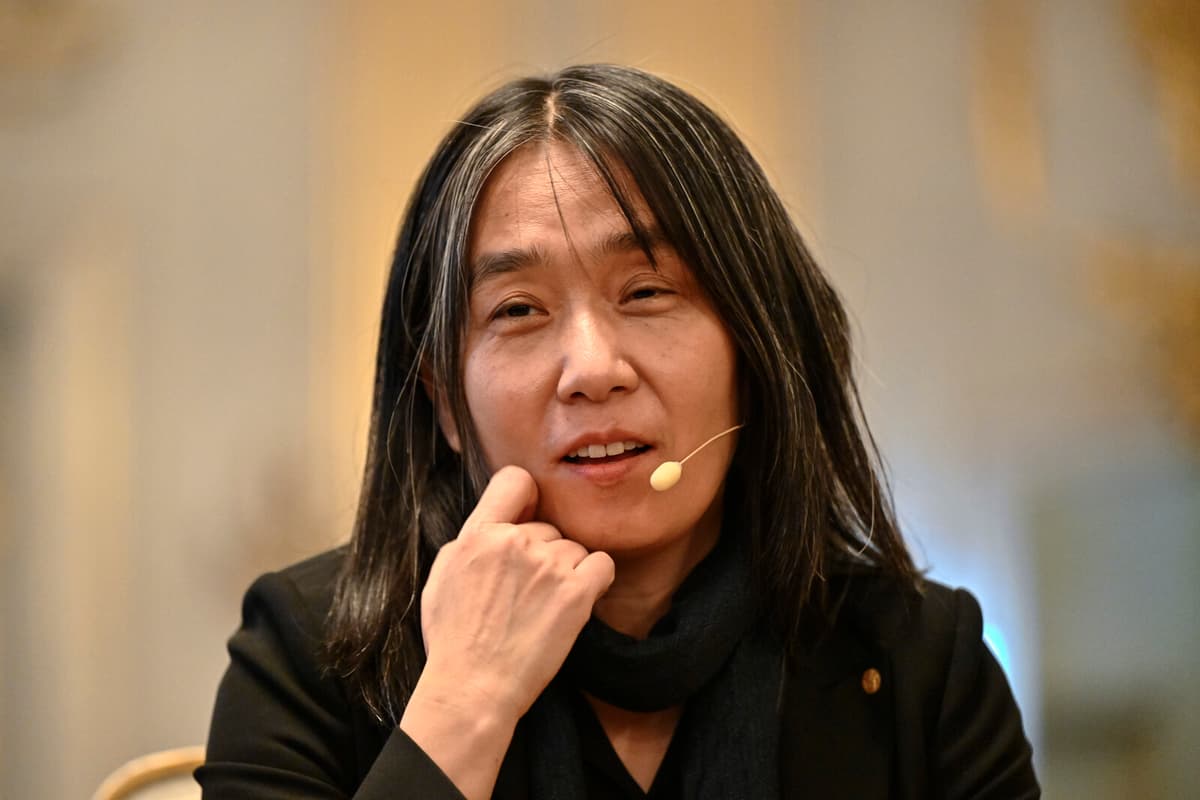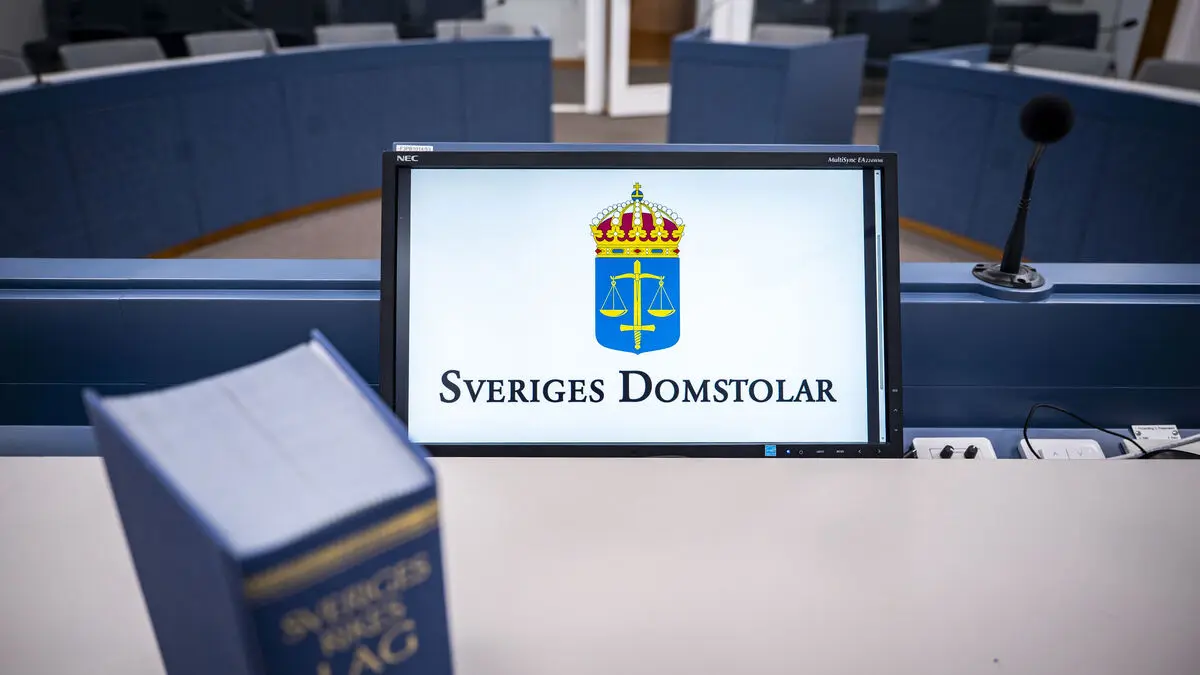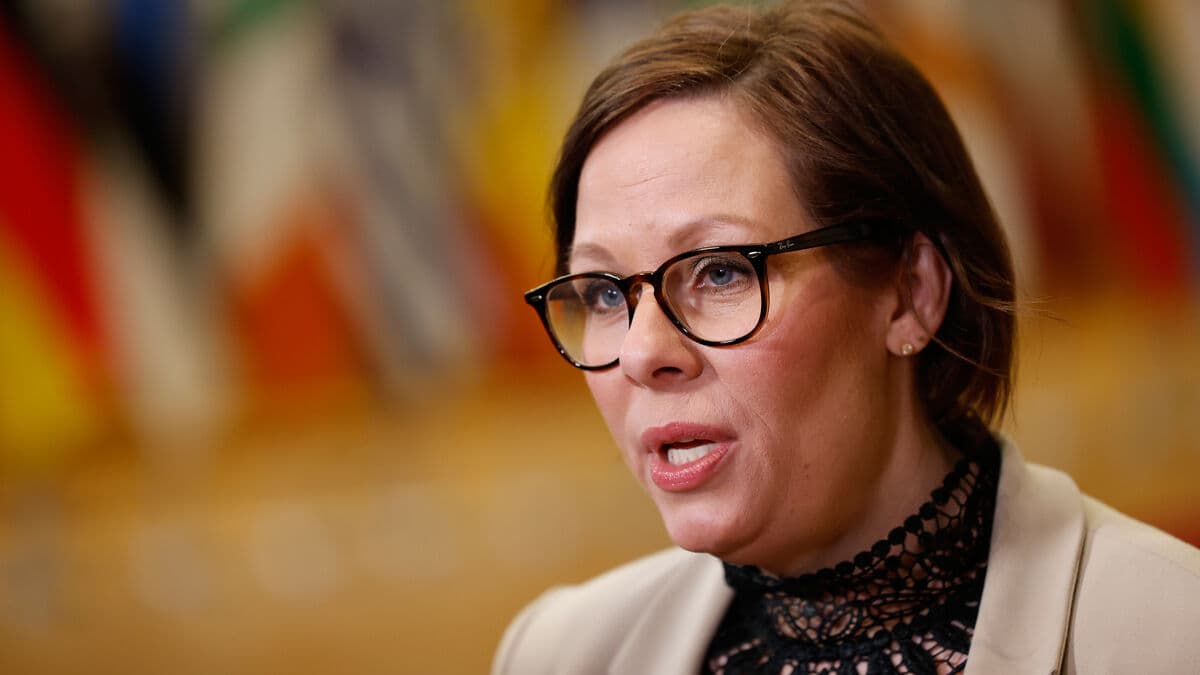On Tuesday, Han Kang will receive the Nobel Prize in Literature, the first to a South Korean author. On Friday, she will meet the media – including many South Koreans – at a press conference after arriving in Sweden the previous evening.
She arrives at a time when her home country is shaken by political unrest. In the tense situation, demonstrators were out on the streets on Tuesday evening, as were police and military.
I saw people who with their bare bodies tried to stop armed vehicles, and who with their bare hands tried to stop armed military, says Han Kang.
She felt their sincerity and courage, she recounts. But she was also impressed by the young police officers and soldiers who did not resort to violence.
It was an unexpected situation that left much to their own judgment. They debated internally and took a passive stance.
But passivity can also be seen as an active action, she emphasizes.
"Shocking"
Han Kang has returned to historical traumas in her writing. The novel "Living and Dead" is based on a massacre of students and civilians in her hometown of Kwangju in 1980, during the military dictatorship.
When I wrote "Living and Dead", I spent a lot of time studying the period of martial law in 1979. To experience something similar before my eyes in 2024 was shocking.
South Korea's President Yoon Suk-Yeol shocked his countrymen and the world on Tuesday by declaring martial law and introducing war laws. But Yoon was forced to back down after parliament voted against it. Now the president may be impeached by parliament.
Han Kang is unsure what the political development will mean for freedom of speech in her home country.
I don't know yet. We'll see how it develops and it's hard for me to predict the future. But whatever happens, the power of words is strong and cannot be suppressed.
"The hardest"
When the Swedish Academy announced its choice of this year's literature prize winner, Han Kang kept a low profile. It was said that she did not want to celebrate due to the state of the world. But that was not entirely true.
I never said I didn't want to celebrate. I celebrated, but quietly. My family wanted to organize a big party, but I didn't want that, she says and smiles.
During Nobel Week, she will, among other things, visit "my beloved Astrid Lindgren's apartment".
There's so much I have to do. But this is the hardest, she says about the press conference.
So after this day, I will enjoy more.






